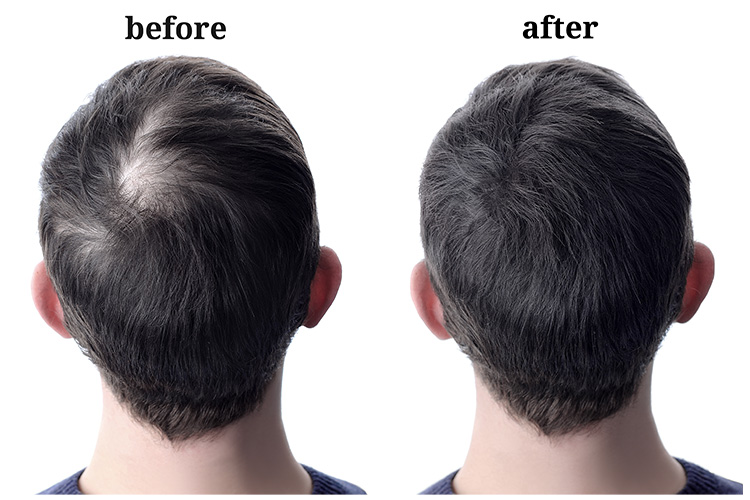- Kartaltepe Mahallesi İncirli Caddesi Limon Çiçeği Sokak No: 1 34145 Bakırköy İstanbul
- +90 541 548 52 47

Regenerative Medicine Strategies for Hair Growth and Regeneration
15/05/2023
In which season should hair transplantation be done?
27/05/2023The choices you make about your lifestyle are closely related to your hair health. If you are experiencing hair loss, you should first review your habits. The first issue to be taken into consideration should be the diet. A diet program that lacks important minerals such as protein, zinc and iron can turn into a recipe that triggers the problem of hair loss. In the same way, it is very important to include vitamins in a balanced diet. We cannot say that you will completely solve the problem of hair loss with the food you take; but we can say that this is a good start.
Nutritional habits are as important for hair transplant surgeries as they are effective in combating hair loss. If we do not want to encounter undesirable situations during the operation, during the post-operative recovery period and during the growth phase of the transplanted hair, we need to pay attention to what we eat and drink before and after hair transplantation.
What Kind of Diet Should Be Followed Before Hair Transplant Surgery?
Sometimes we can ignore the surgical aspect of the hair transplant procedure . It should not be forgotten that this is an operation and all operations require careful preparation. From the moment your hair transplant surgery is planned; From the day of surgery until the recovery period is complete, you should eat as your doctor recommends and avoid habits that should be avoided. Before going into surgery, your doctor will ask you to:
- Follow a Balanced Nutrition Program
Starting a healthy diet program before surgery; It is extremely important in promoting healing and minimizing the risk of complications . A diet program consisting of foods with high nutritional value such as fruits, vegetables, protein and grains should be applied.
- Maintain Body Fluid Balance
Hydration is important for overall body health . Dehydration of the body can lead to many serious health problems. It is necessary to drink plenty of water before the operation and to focus on liquid food consumption , both in terms of getting through the operation process easily and accelerating the healing process .
- Avoid Alcohol
Alcohol should not be consumed at least 24 hours before the surgery. Alcohol can affect anesthesia as well as increase the risk of bleeding.
- Avoid Blood-thinning Foods and Supplements
Some foods consumed and some supplements used regularly can increase the risk of bleeding. Foods and supplements such as garlic, ginger, fish oil, vitamin E have blood-thinning properties and care should be taken not to consume them at least 2 weeks before the surgery.
- Limit Caffeine Use
Heavy caffeine consumption can disrupt sleep patterns and trigger anxiety. It will be beneficial to limit the use of caffeine 24 hours before the surgery.
What Kind of Diet Should Be Followed After Hair Transplant Surgery?
A suitable and balanced diet program should be applied in order to accelerate the post-operative recovery process and ensure healthy growth of the transplanted hair. Here are the nutritional rules you should follow after the surgery:
- Get Enough Protein
Keratin is a protein consisting of amino acids and is the main structural element of hair. Care should be taken to take enough protein before and after hair transplantation.
- Drink Plenty of Fluids
As I just mentioned, maintaining the moisture balance of the body is necessary both before the surgery and during the healing process. Fluid needs should be met primarily with water.
- Eat Healthy
The nutrients that may be needed for recovery should be included in the diet program. Establish a diet of fruits, vegetables, grains, meats and healthy fats.
- Limit Salty and Spicy Foods
Salty and spicy foods can exacerbate possible side effects of surgery, such as edema and inflammation. For this reason, it is necessary not to consume excessively salty and spicy foods.
- You May Need to Take Vitamin Supplements
After the operation, healthy hair growth may need to be supported with vitamin supplements. At this point, your doctor may recommend that you take vitamin supplements to promote hair growth.




